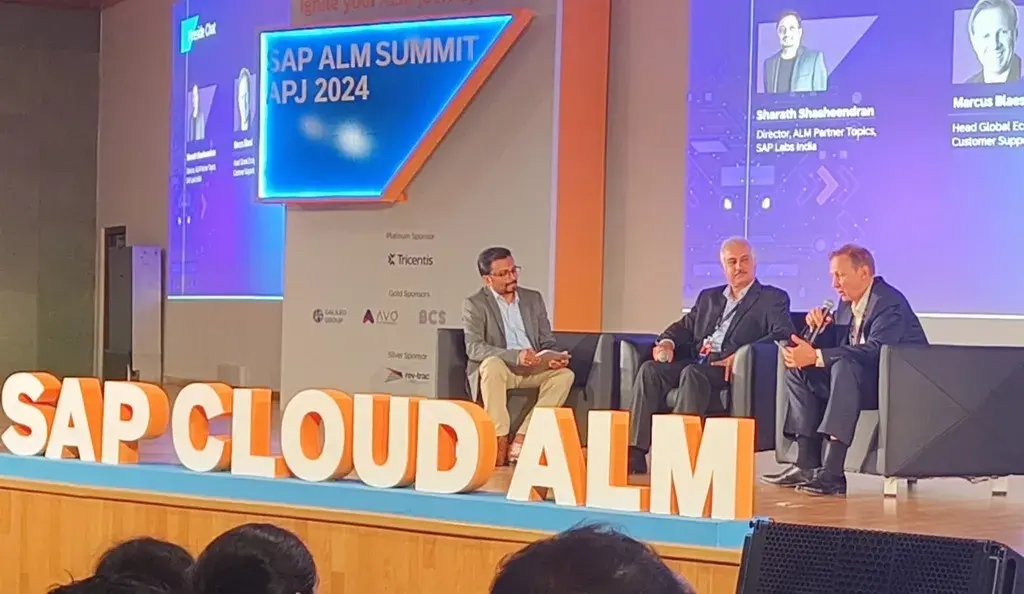In the rapidly evolving landscape of enterprise technology, a silent revolution is occurring at the intersection of Process Mining and AI Technology. As organizations navigate the complexities of Digital Transformation, the ability to understand, optimize, and automate business processes has become not just an advantage but a necessity for survival.
The Rise of Process Mining: Beyond Surface-Level Analytics
While recent high-profile acquisitions—SAP’s purchase of Signavio, Pegasystems’ acquisition of Everflow, and Microsoft’s takeover of Minit—have thrust Process Mining into the spotlight, industry pioneers have long recognized its transformative potential. Notably, industry-first platforms like FUTUROOT, developed at the cross-section of process science, cloud-based enterprise management, and excellence in Intelligent Automation, aim to deliver unprecedented visibility into organizational workflows through deep integration with ERP systems and enterprise solutions via Process Mining analytics.
The real value of Process Mining, however, lies not just in its analytical capabilities but as a foundation for targeted automation and Business Process Optimization. By providing granular and predictive insights into process inefficiencies and bottlenecks, Process Mining tools enable organizations to make data-driven decisions about where and how to deploy automation solutions.
The Evolution of Enterprise Automation
The enterprise automation landscape has undergone a remarkable transformation and is currently on the verge of a significant shift. What began as simple workflow automation and RPA has evolved into sophisticated systems capable of handling unstructured data and complex decision-making processes. The advent of AI Technology represents the latest frontier, moving beyond traditional rule-based systems to those that can operate with greater relevance to dynamic business scenarios.
Today’s automation initiatives are tackling increasingly sophisticated challenges. From straight-through processing of customer onboarding to AI Technology-powered exception management, organizations are deploying Intelligent Automation to reduce operational costs while improving service quality and throughput.
Industry-Specific Impact and Applications
The application of Intelligent Automation across industries aligns with the current needs of an economic landscape filled with opportunities and risks of disruptive change. In finance, for example, automation and AI Technology are transforming processes like invoice processing and reconciliation, adding advanced capabilities in fraud detection and regulatory compliance.
Manufacturing entities are also discovering new avenues for Business Process Optimization through predictive maintenance, root cause analysis, and AR/VR-powered technical training. Regardless of industry, the ethos of AI Technology for automation is rooted in digitally transforming business processes, empowering human agents to focus on areas of strategic importance like R&D and customer relationships.
The Strategic Imperative: Integration and Understanding
While the market offers numerous automation platforms—from UiPath and Blue Prism to Microsoft’s Power Automate—success in Digital Transformation initiatives is not only about choosing the right technology. The critical factor lies in identifying and prioritizing use cases that deliver maximum value with optimal resource investment, aligned with a company’s unique processes.
Here is where Process Mining becomes essential. Without a deep understanding of existing processes, data structures, and system architectures, automation efforts risk becoming misdirected investments. Process Mining coupled with expert consultancy provides an actionable roadmap, guiding the strategy for Intelligent Automation to ensure that technological investments align seamlessly with business goals.
The Path Forward
As organizations continue their Digital Transformation journeys, the need for expertise that spans Process Mining, enterprise systems, and AI Technology-powered automation becomes ever more apparent. Success requires more than technical skills in one area—it demands a nuanced understanding of industry best practices, data models, and implementation methodologies aimed at delivering real value.
In this intricate landscape, partnerships with experienced technology integrators are invaluable. Organizations that leverage expertise across these domains—from SAP integration to Process Mining and automation platform implementation—are best positioned to drive successful Digital Transformation initiatives.
The convergence of Process Mining and AI Technology-driven automation represents more than just a technological shift; it is a fundamental transformation in how organizations understand and optimize their operations. As we move forward, the ability to effectively combine these technologies will increasingly separate digital leaders from laggards in the global marketplace.




